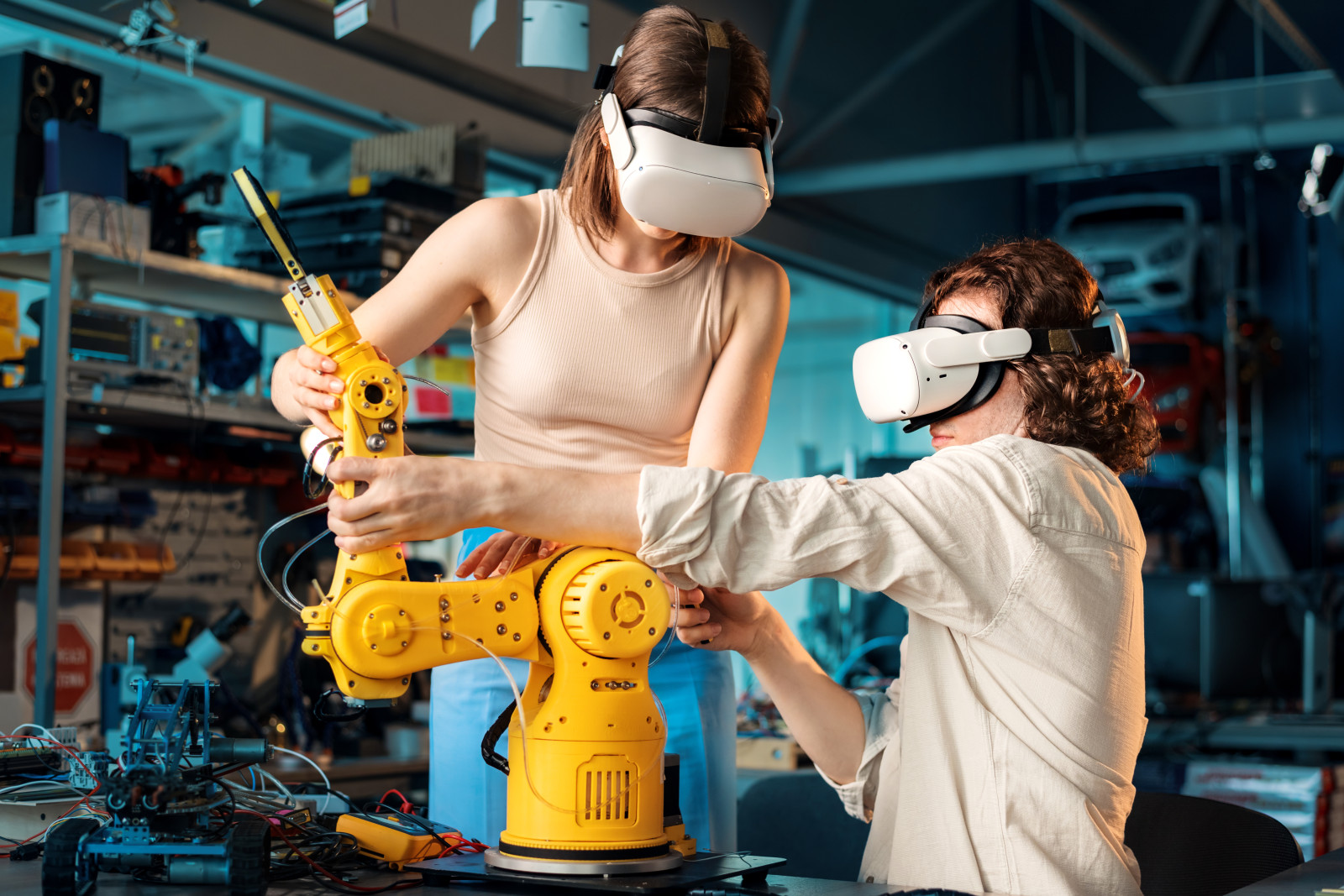

A new course “Artificial Intelligence and Machine Learning in Additive Manufacturing” is launching at Kyiv Academic University.
Additive manufacturing and 3D printing are now widely used to solve a vast number of industrial and engineering tasks. For instance, this technology allows for the rapid production of a necessary part to restore the operation of damaged equipment or devices.
Those who wish to find optimal solutions and parameters for work in this field — without going through a long process of trial and error — can do so by taking the course “Artificial Intelligence and Machine Learning in Additive Manufacturing”, which starts soon at Kyiv Academic University within the Knowledge Rise project.
We asked the course author, Nazarii Mediukh, Junior Research Fellow at the Frantsevich Institute for Problems of Materials Science of the National Academy of Sciences of Ukraine, to tell us more about the course and its value.
“This is a practice-oriented course combining knowledge of artificial intelligence and machine learning with the challenges and opportunities of 3D printing and additive technologies,” — explains the researcher.
“It’s an integrated program that brings together materials science, engineering, and data science.”
According to Mediukh, combining traditional materials science with modern AI technologies opens tremendous prospects for the industry’s development. Additive manufacturing today generates enormous amounts of data, yet specialists often have to find optimal solutions through trial and error.
“3D printing is developing rapidly,” he continues. “Its main advantage is the ability to create parts of virtually any shape for any purpose. However, the print quality depends on many factors, and even a minor change in parameters can drastically improve or worsen the result. To identify the best configuration, you don’t need to run countless experiments — a few are enough if you use machine learning.”
The course will teach participants how to determine optimal printing parameters and apply AI and ML in production processes.
The course includes three lectures:
Fundamentals of machine learning in manufacturing and data collection for process optimization.
Optimization methods for 3D printing parameters using regression analysis and Bayesian approaches.
Deep learning for quality control and practical challenges of implementing AI in production.
The course will be useful for everyone involved or planning to work in additive manufacturing — startup teams, engineers, 3D printing specialists of all levels, and those seeking to bridge gaps in their knowledge.
Participants will learn the principles of machine learning and how to apply them in production, select optimal parameters to enhance quality and efficiency, and design a complete ML pipeline — from data collection to implementing final solutions.
The acquired knowledge can be applied to automate quality control and predict material properties of finished products. These competencies are valuable for managing production lines, planning, logistics, and R&D projects for developing new materials and processes. They can also be used in consulting to help companies digitally transform their manufacturing systems.
Machine learning specialists, meanwhile, will gain a better understanding of how and where their expertise can be applied in real-world production challenges.
The course content is based on practical industry cases. For example, Mediukh will explain how different components are printed using robocasting technology at the Frantsevich Institute, and how printing parameters and paste compositions are optimized.
“Robocasting is extremely sensitive to printing parameters — it’s not easy to work with,” says the researcher. “To put it metaphorically, to make sure you don’t end up with a hemisphere instead of a cube, you need machine learning.”
When asked why he decided to create such a course, Mediukh replies:
“For me, it’s important to combine fundamental research with practical impact on the industry. Many innovations — such as machine learning — reach Ukrainian manufacturing very slowly. But simple, low-cost, and effective ML methods can help our manufacturers stay competitive. This is vital for the development of high-tech production in Ukraine.”